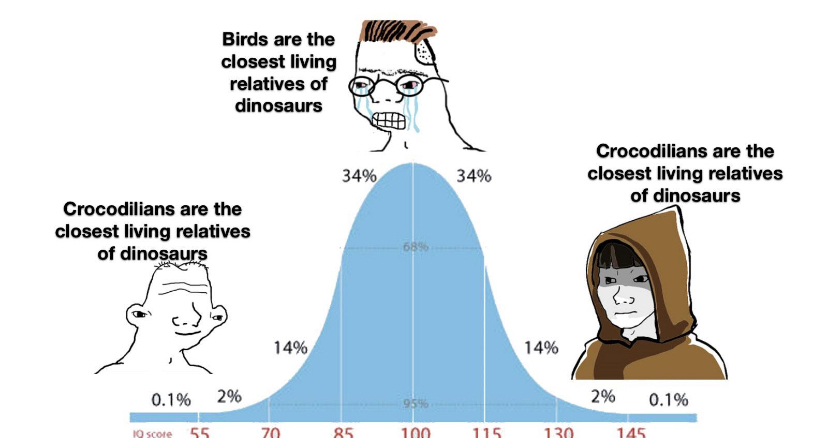Nearly 200 health professionals have written to the health secretary saying that patients with the illness are being left to ‘languish behind closed doors’
The Times (UK)
Doctors have said that NHS patients with myalgic encephalomyelitis (ME) risk starving to death because of unsafe and “unconscionable” standards of care.
The letter calls for the government to take action to address the “serious patient safety concerns” for patients with ME, an illness which affects about 250,000 people in the UK.
More than 200 health professionals including GPs, hospital consultants and nurses have written to Wes Streeting, the health secretary, saying that patients with the illness are being left to “languish behind closed doors” because specialist NHS services to provide safe care “do not exist”.
ME, also known as chronic fatigue syndrome, is a complex neurological disorder that leads to symptoms including extreme exhaustion. Severe cases can be fatal, with patients bedridden and unable to eat or drink, but these patients currently “fall through the cracks” as there is no specialist NHS care provision.
A letter signed by 202 doctors and NHS staff calls on ministers to convene an ME clinical task force providing “emergency specialist guidance in cases where patients are hospitalised”, as well as to commit to holding NHS trusts “accountable” for care.
They write: “There is little access to truly specialist ME care or treatment within the NHS and paradoxically, the sicker a patient is, the less care they receive.
“Even if doctors and healthcare professionals are knowledgeable and willing to treat patients, the infrastructure to provide safe and appropriate care does not exist.”
[…]
 Lol
Lol





And patients with psychological issues tend to realise their issues are psychological in nature and vice versa. Although both have downstream effects. And in my above example. The psychological burden of thinking you have (having) a debilitating psychical illness but being disbelieved by your doctors must be enormous.